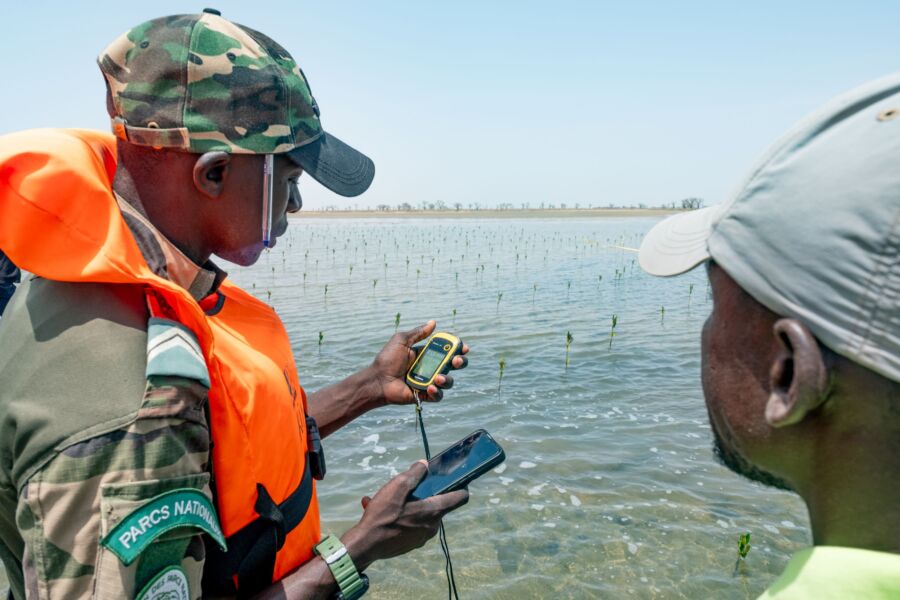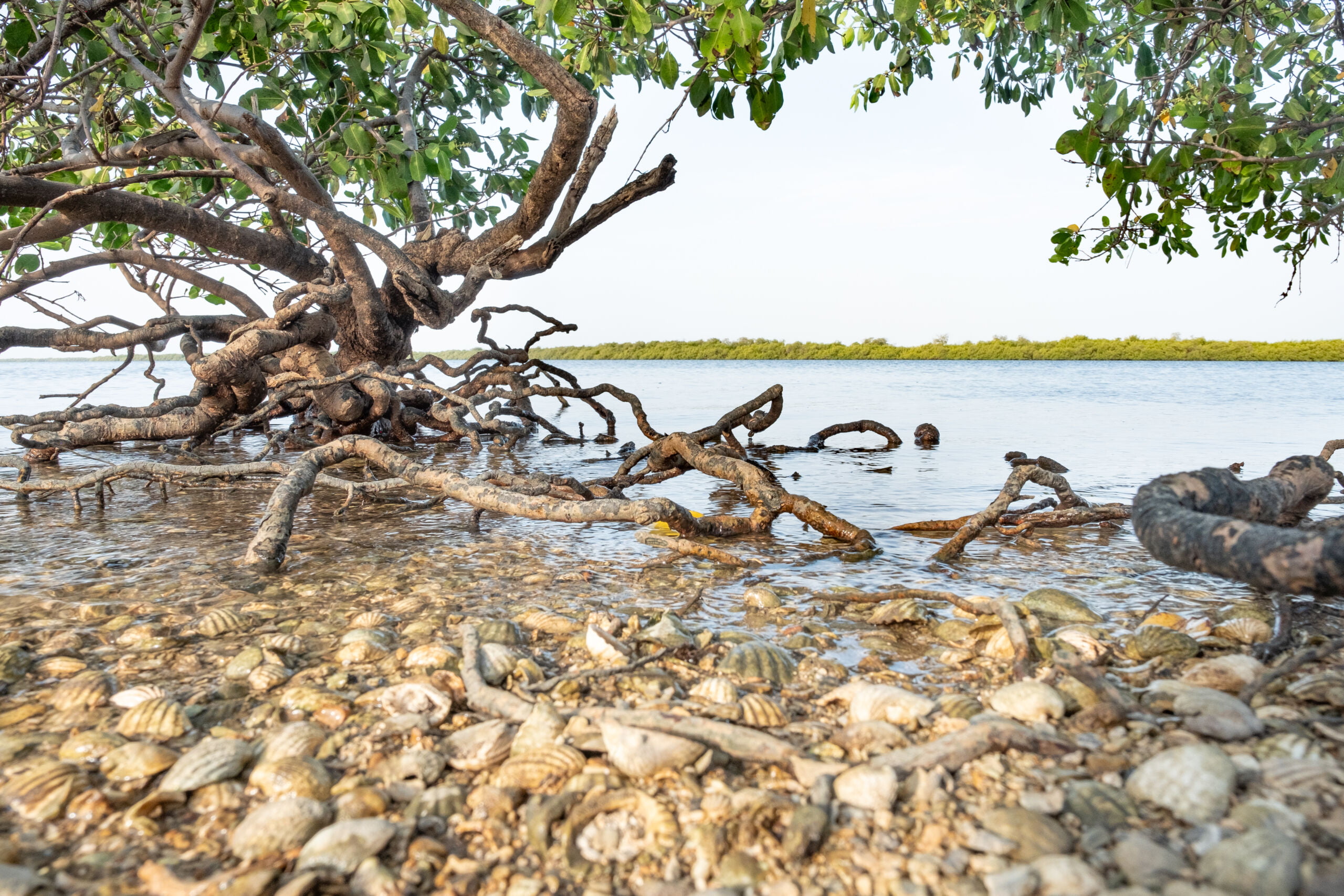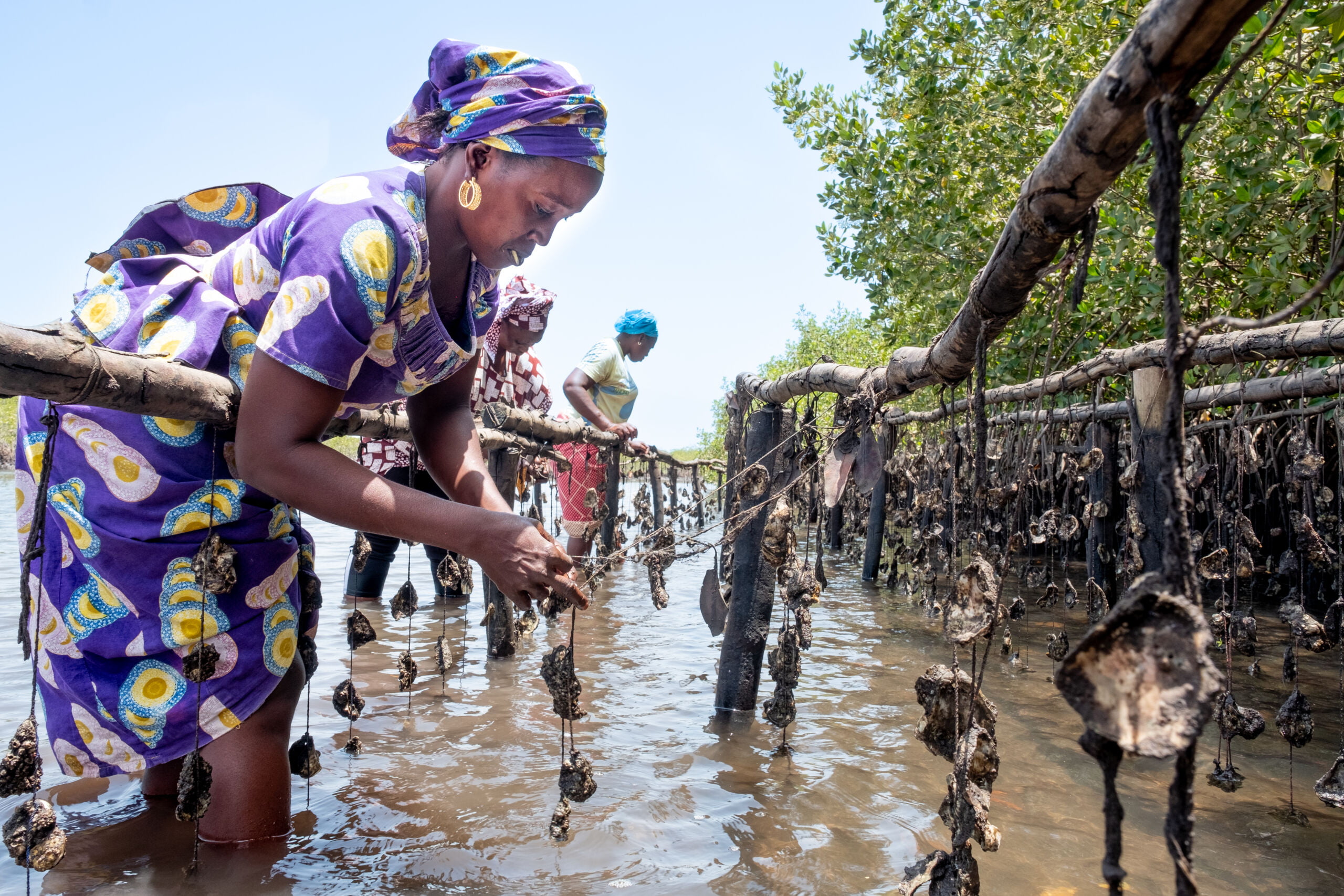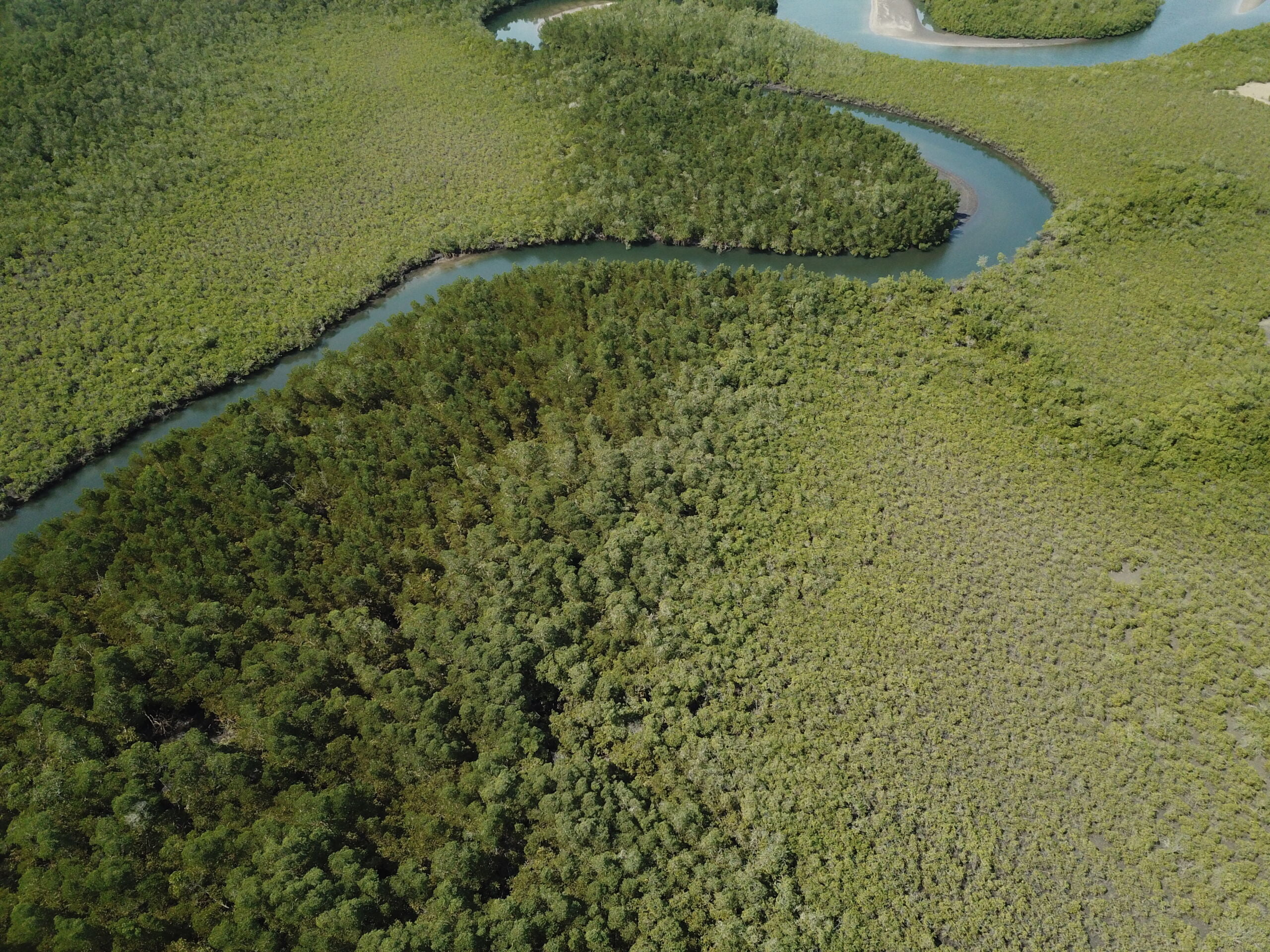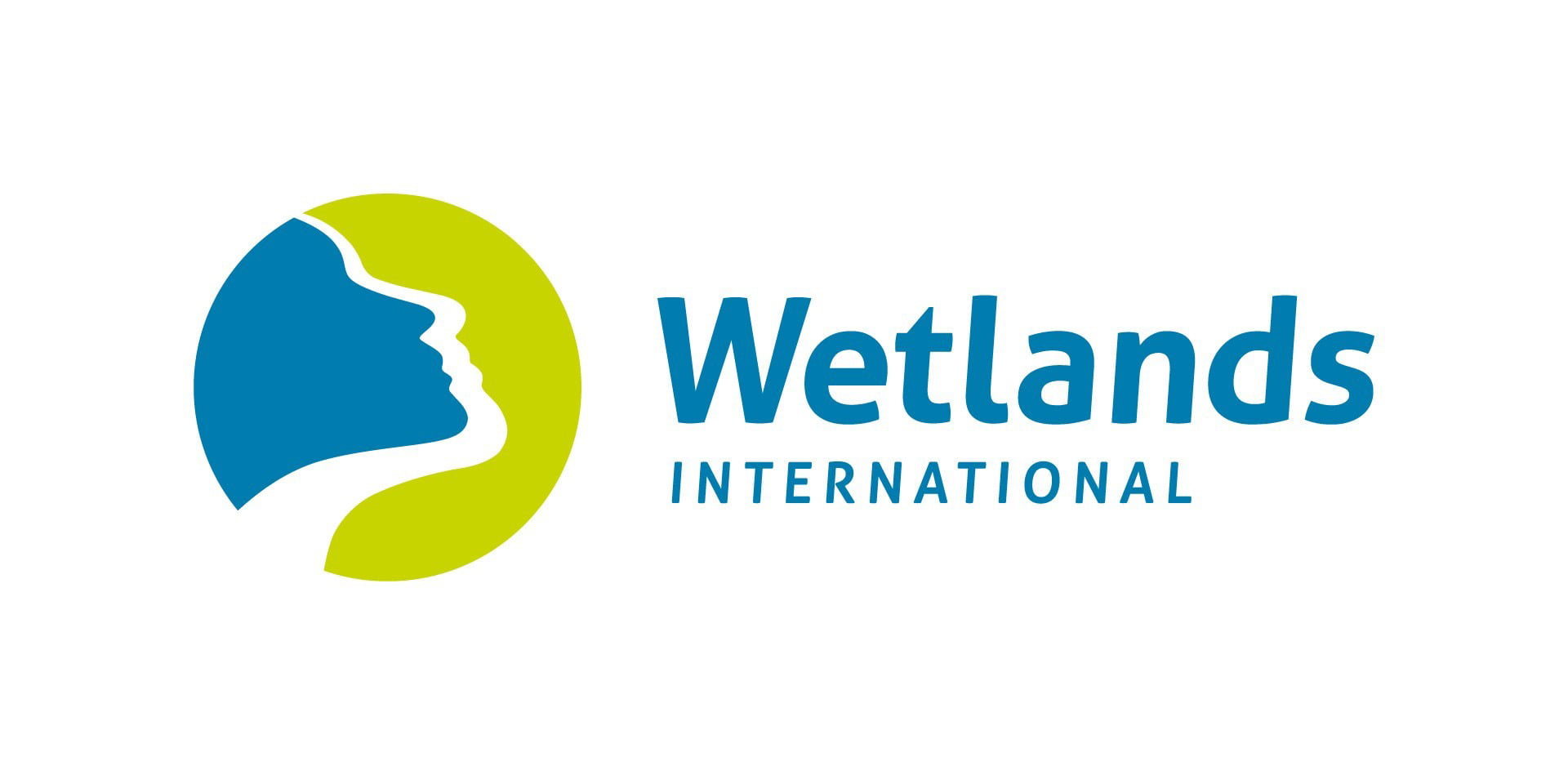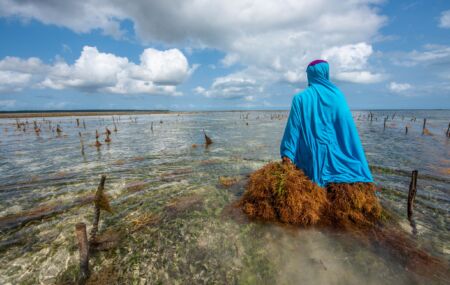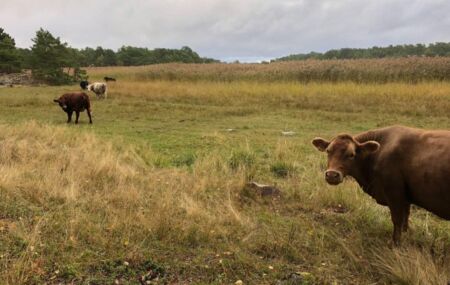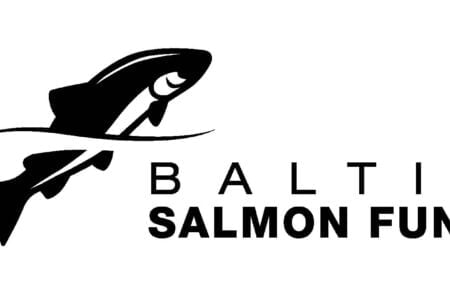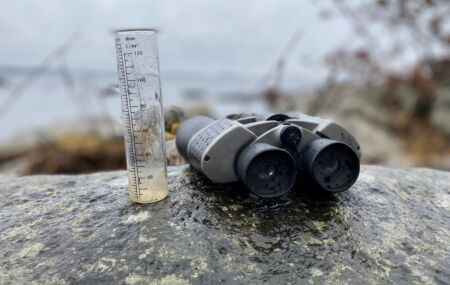Rooted resilience: Upscaling mangrove conservation in Casamance, Senegal
Mangroves are crucial, both from a climate perspective, and for biodiversity. They store carbon dioxide to a greater extent than many other environments, serve as protection against storms and erosion, and harbor immense biodiversity. Mangroves are also vital for the living conditions of coastal communities as they provide access to firewood, fish, honey, and traditional medicines. The Casamance Delta in southern Senegal is one of Africa’s largest mangrove areas, but the mangrove forest has significantly decreased over recent decades, leading to substantial economic and ecological losses. Reasons include climate changes, that have caused desiccation and altered the salt and freshwater balance, as well as overuse and unsustainable exploitation of the forest for firewood and damage during oyster harvesting.
In this project, Stichting Wetlands International aims to preserve, restore, and sustainably manage the mangroves in the Casamance Delta in Senegal.
The project is supported with 5 780 000 SEK.
The project is part of The Swedish Postcode Lottery Foundation’s initiative “Coastal Ecosystems”, which aims to contribute to the biodiversity of coastal ecosystems and their ability to protect against the negative effects of climate change along the coasts.
What’s happening in the project?
- – Effective collaboration and coordination are established among various actors working to restore and protect the mangroves in the area,
- – A platform for mangroves in the Casamance Delta is formed, and a restoration and conservation strategy is developed,
- – Information about the importance of mangroves is disseminated through radio, social media, and school clubs,
- – Female entrepreneurs are empowered to increase their income from sustainably harvested mangrove products such as honey, fish, mussels, oysters, and shrimp.
Why is the project supported?
The project contributes to the richness of coastal ecosystems and their ability to protect against the negative effects of climate change along the coasts by restoring and preserving important coastal ecosystems.
Project time status
76%
This project started in April 2024 and ends in March 2026
For more information: https://www.wetlands.org/

